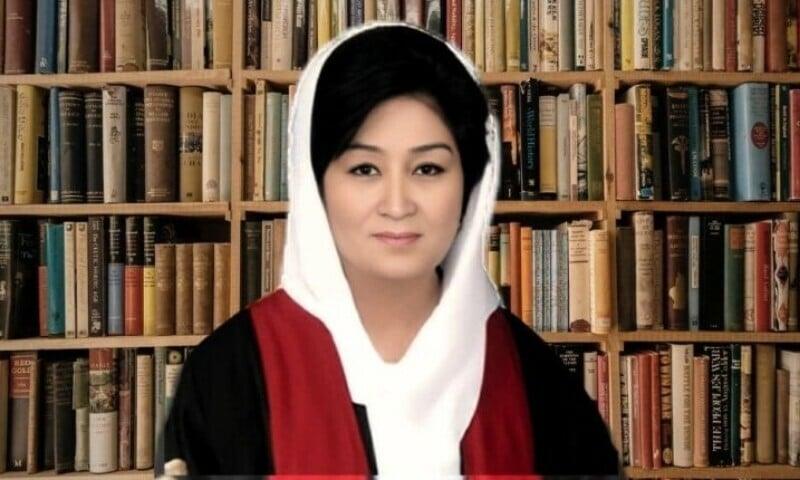Islamabad:
The Constitutional Bank Judge Musarrat Hilali questioned the justification behind the transfer of 103 workers of Pakistan Tehreek-E-Insaf to the military custody of the 5,000 arrested on May 9. He did the investigation during an Intra-Court appeal against the trial of civilians in the Military Court.
She asked about the positions filed against those whose trial was held in the Anti -Terror Court, specifically if they also faced accusations of looting of military facilities.
The Constitutional Bank headed by Judge Amin-Din Khan and comprising Judge Muhammad Ali Mazhar, Judge Hasan Azhar Rizvi, Judge Musarrat Hilali, Judge Naeem Akhtar Afghan and Judge Shahid Bassan heard the case.
Moving his arguments, the lawyer of the founder of PTI, Imran Khan, Uzair Bhandari, said that the provisions of the Constitution must be examined to determine what is allowed.
He argued that ordinary amendments cannot violate fundamental rights. He cited Judge Jamal Commandkhail saying that the state of the Armed Forces under article 83-A would have to be taken into account, and added that the Army Law does not contain any provision other than section 2 (1d1).
Judge Commandkhail replied that article 243 is already applied. In response, Bhandari said that Judge Commandkhail’s past judgments on the matter were available and emphasized that the defendant’s confession is essential. He argued that, apart from the martial court, another provision could be applied.
Judge Amin Ud-Din Khan commented that it is not necessary to apply the Martial Court. Bhandari argued that it is not so simple, since the FB Ali case clarified the state. It will apply to any relevant member in accordance with the law. Those with section 2 (1d1) do not fall under 83-A. If they are included, there will be no need to consider fundamental rights. The Army Law is only related to discipline, he said.
Judge Amin commented that employees who come to section C would not have to take an oath. Bhandari argued that employees in Section C cannot carry out a court, and added that the officers always do it.
Judge Amin commented that the members of the Armed Forces would determine the nature of the crime. Bhandari argued that the nature of crime does not violate fundamental rights.
Judge Aminuddin Khan asked what will happen if someone falls in section 2 (1d1). Bhandari argued that the martial court system cannot be shot down on that base, adding: “Our point is that civilians cannot be submitted to the martial system of the Court.” In one of the previous audiences, a member of the Constitutional Bank had questioned what could happen if a country violated international laws.
“What would be the consequence if international laws are not followed?” Judge Jamal Khan Commandkhail asked Salman Akram Raja, the lawyer of one of the uproar on May 9 who faced trial in a military court.
During the arguments in his client, Salman Akram Raja said that civilians cannot be marked in court, since it means stripping them of their fundamental rights. He said that the Civilians of the Court, civilians also violates international standards for a fair trial.
“International standards require that judgments be held in open courts, made independently and transparently. According to international law, trial decisions must be made public, he said.




